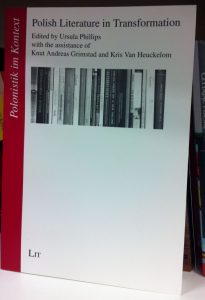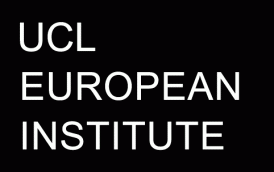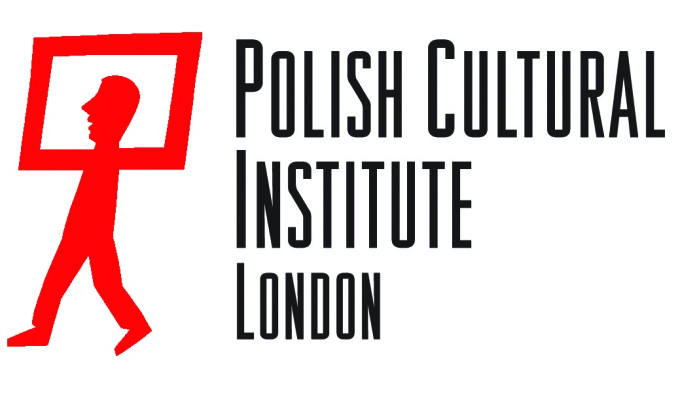Celebrating Literature…
Polish Literature in Transformation
9 December, 5 pm
Registration
Venue:
4th floor Masaryk Senior Common Room
UCL School of Slavonic and East European Studies
16 Taviton Street, London WC1H 0BW
Discussion on Literature and Transformation around new publication of
Polish Literature in Transformation, edited by Ursula Phillips with the assistance of Knut Andreas Grimstad and Kris Van Heuckelom. (Polonistik im Kontext, Band 2). Berlin [et al.]: LIT Verlag, 2013, 320pp.
Publisher website here
Consisting of a substantial introduction by the main editor and seventeen other essays, this book emerged from the conference “Polish Literature Since 1989” held at the University College London School of Slavonic and East European Studies in November 2011. It is not, however, a reflection of the conference proceedings or a collection of isolated, unrelated essays but a multi-authored volume coordinated by a single overarching theme, to which the individual authors contribute the fruits of their own detailed research into a number of sub-themes. These contributors are drawn from several different countries and scholarly traditions: Poland, Britain (England and Scotland), Germany, Scandinavia, Belgium.
The main theme of the book is the transformation, systemic and cultural, that Poland has undergone since the collapse of communism in 1989 and its reflection in literary works (mostly in prose, including memoirs and fiction, but additionally in poetry and drama) and also in the ways literary scholars have reacted to change, both in Poland and in the West: To what extent, for example, has the import of Western theory after 1989 influenced literary-cultural studies and has there been a reaction against this?
 Themes addressed include: changing conceptions of Polish nationhood and identity or of so-called “Polishness”; the impact of European integration (since 2004); the effects of migration; revised conceptions of the foreign or the marginal, and new understandings of what is understood by émigré or emigrant literature; sensitivity to issues of gender and sexual identity, as well as the impact of feminism and queer studies; the huge impact of revived interest in the Jewish heritage, in Holocaust memory, and in Polish-Jewish relations.
Themes addressed include: changing conceptions of Polish nationhood and identity or of so-called “Polishness”; the impact of European integration (since 2004); the effects of migration; revised conceptions of the foreign or the marginal, and new understandings of what is understood by émigré or emigrant literature; sensitivity to issues of gender and sexual identity, as well as the impact of feminism and queer studies; the huge impact of revived interest in the Jewish heritage, in Holocaust memory, and in Polish-Jewish relations.




Recent Comments